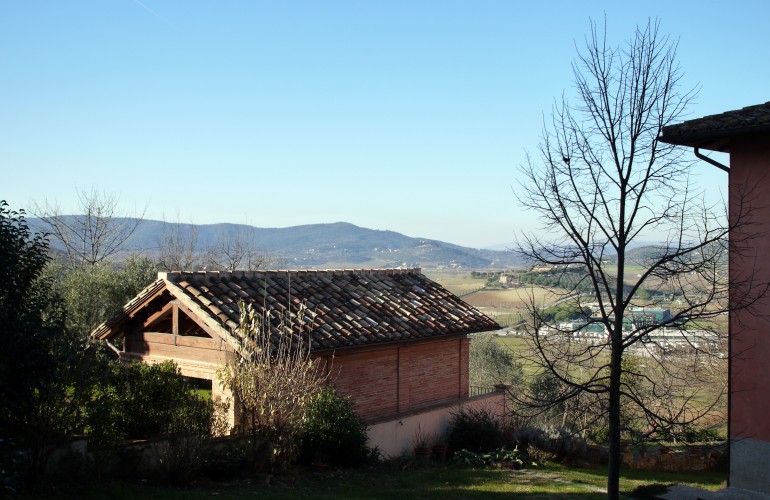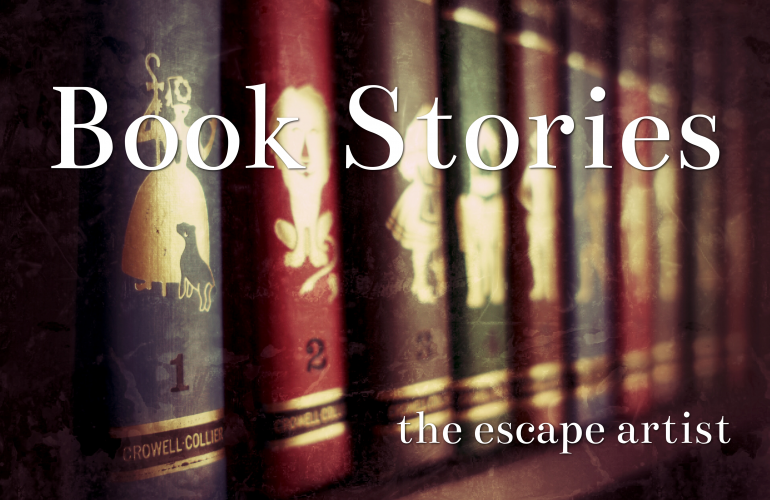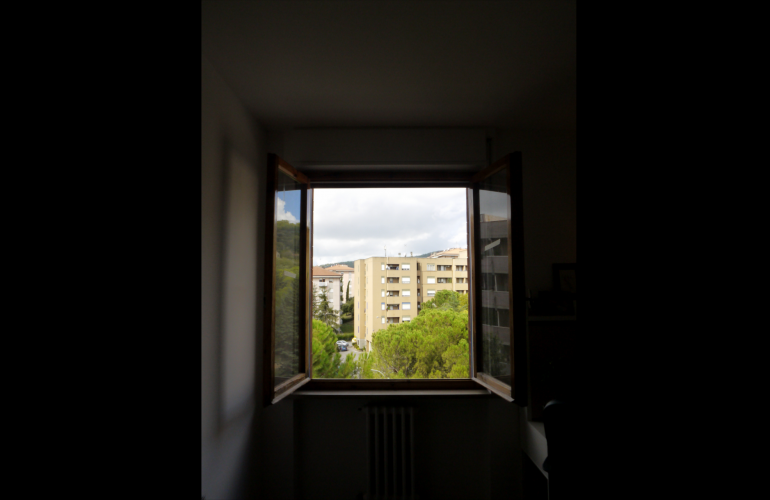“No one ever influenced Tolkien—
you might as well try to influence a Bandersnatch.”
– C.S. Lewis
/ / /
Like most people who have grappled with their childhood faith, I’ve learned that I can’t base my understanding of God on what other Christians are like. Even the most pious of pulpit-pounders are still human, and the ones who claim the most loudly to speak for God are the ones who raise my highest defenses. My best strategy for avoiding spiritual disillusionment is to keep firm mental boundaries between who God is and how people portray him. However, I’ve also learned this: that when you see Jesus in someone, you don’t easily forget it.
Erika Morrison is one such person. To her, everyone from the homeschool mom to the homeless cross-dresser reflects one facet of an infinite God, and she lives like it. When I started getting to know her four years ago, her words somersaulted my perspective of Christianity onto its head. The way she defined freedom and art and identity and community made me want to exhale three decades of pent-up weariness and then invite everyone I knew to a dance party. This is a lady who believes down to her toenails that God wove our quirks and creative impulses into us not so we could spend our lives trying to overcome them in the interest of uniformity but so that we could fill the us-shaped voids in this world. You just try not busting a move as that realization sets in.
I wanted to introduce you all to Erika not just because she’s rad—though she absolutely is—but because her book Bandersnatch was released into the wild today, and this makes me glad for humanity. It’s her gift of sacred unconventionality put to paper (or, uh, Paperwhite), and I don’t imagine that many of us who pick it up are going to be the same when we put it back down. At the very least, we’ll be several pounds lighter in exhaled cynicism.
Now, without further ado, I’ll turn it over to Erika:
/ / /
Bandersnatch (Full Length Trailer) on Vimeo.
The cardinals make it look so easy. The honeybees make it look so easy. The catfish and the black crow, the dairy cow and the cactus plant, all make being created appear effortless. They arise from the earth, do their beautiful, exclusive thing and die having fulfilled their fate. None of nature seems to struggle to know who they are or what to do with themselves.
But humanity is the exception to nature’s rule because we’re individualized within our breed. We’re told by our mamas and mentors that—like snowflakes—no two of us are the same and that we each have a special purpose and part to play within the great Body of God. (If your mama never told you this, consider yourself informed: YOU—your original cells and skin-print, guts and ingenuity—will never ever incarnate again. Do you believe it?) So we struggle and seek and bald our knees asking variations of discovery-type questions (Who am I? Why am I here?), and if we’re semi-smart and moderately equipped, we pay attention just enough to wake up piecemeal over years to the knowledge of our vital, indigenous selves.
And yet… even for all our wrestling and wondering, there are certain, abundant factors stacked against our waking up. We feel and fight the low ceiling of man-made definitions, systems and institutions; we fight status quo, culture conformity, herd mentalities, and more often than not,
“The original shimmering self gets buried so deep that most of us end up hardly living out of it at all. Instead we live out of all our other selves, which we are constantly putting on and taking off like coats and hats against the world’s weather.” ~Frederick Buechner
So, let me ask you. Do you know something—anything—of your true, original, shimmering self?









